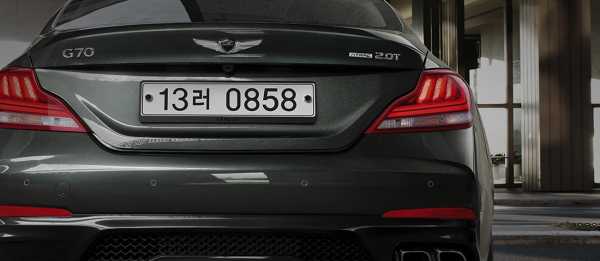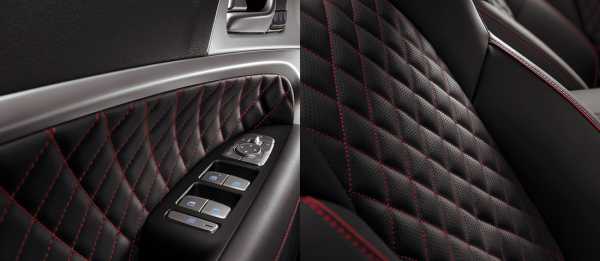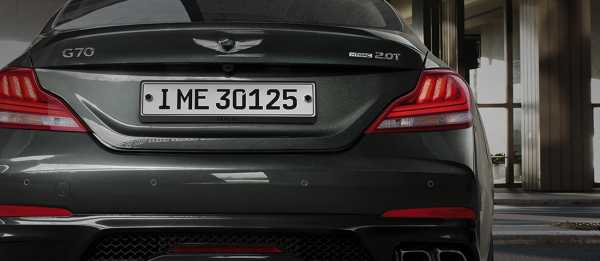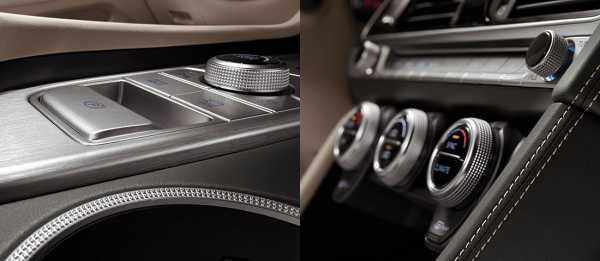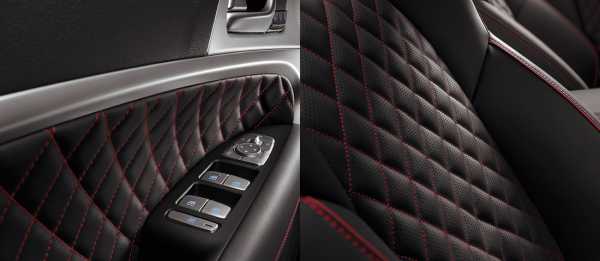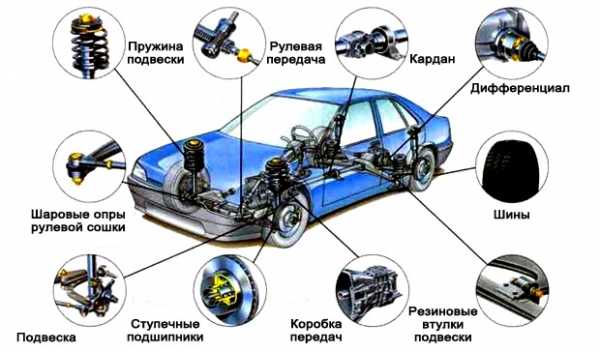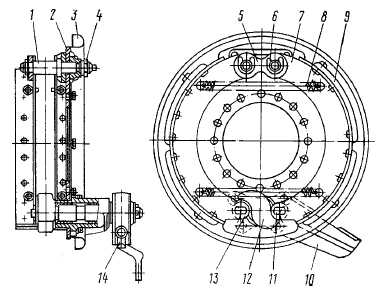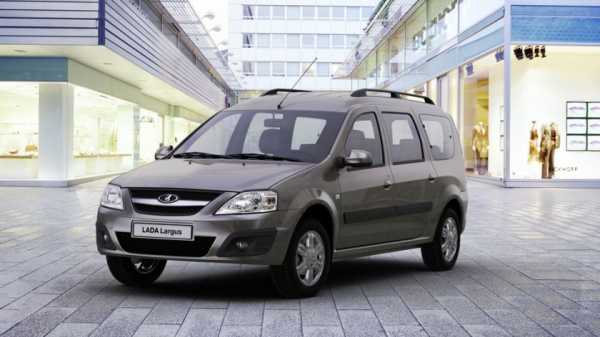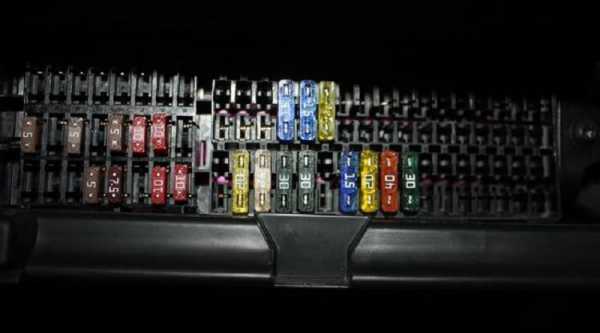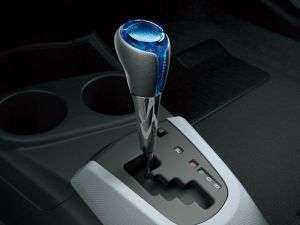Hyundai genesis g70
Genesis G70 Reviews | Genesis G70 Price, Photos, and Specs
The G70 is the first real sports sedan from Hyundai's luxury Genesis brand, and it's quite good for a first attempt. In fact, it earned earned a spot on our 10Best Cars list. Using a rear-wheel-drive setup shared with the Kia Stinger, the G70 is aimed squarely at the legendary BMW 3-series. The G70's base engine is a turbocharged 2.0-liter inline-four making 252 horsepower, and 365-hp twin-turbo 3.3-liter V-6 is optional. All-wheel drive is available with both engines, and an eight-speed automatic transmission is standard across the board. The 2.0T can be had with a six-speed manual on the driver-focused Sport trim, though, which also gets desirable performance options as standard. (The manual can be paired only with rear-wheel drive.) From behind the wheel the G70 feels great, with minimal lean in corners and a ride that soaks up road imperfections with aplomb. The steering is accurate with the right amount of heft to it; the brakes are excellent.
Looking the part is almost as important as the spec sheet in this segment, and in that regard the G70 succeeds. The exterior boasts a handsome, well-proportioned design with some interesting detailing such as copper accents and a shield-shaped grille. The interior looks and feels premium, and the G70 can be equipped with all of the features expected in this class such as heated and cooled front seats with quilted leather, a 15-speaker audio system, and a touchscreen display. Even at highway speeds, the cabin remains quiet and serene. On the downside, the rear seat could use more legroom. Driver-assistance technology includes automated emergency braking, adaptive cruise control, and blind-spot monitoring with rear cross-traffic alert. To make it even more compelling, the G70 is aggressively priced to either match or undercut key rivals such as the 3-series and the Mercedes-Benz C-class.
Major redesigns occur every five years or so; not much changes in between. Dividing them into generations provides more meaningful distinctions in the shopping process.
First Drive Review
July 2018 By Kevin A. Wilson View 91 Photos 

Drivers looking for a compact luxury sports sedan rarely have had such a broad variety to choose among when seeking a dancing partner for back-road adventures. The German triumvirate—Audi A4, BMW 3-series, and Mercedes-Benz C-class—occupy center stage, but there’s no shortage of viable alternatives from Alfa Romeo, Cadillac, Jaguar, and Lexus. To that list, now add the Genesis G70, just the third nameplate from Hyundai’s saucy upstart luxury brand and the first to be wholly developed from the outset to wear its winged badge.
Genesis may be fairly new as a stand-alone brand, but the G70 arrives fully baked, a contender that cedes no ground to the established players. That makes it a suitable turning point to punctuate the marque’s transition that begins in August, moving away from the “sold at your Hyundai dealer” status that has prevailed since 2015 to the launch of Genesis’s own dedicated sales network. Those dealers may wait for the brand’s range of crossovers and SUVs before they build separate stores to support the “you’re special” ambience that courts luxury-segment customers, but they now have an excellent guidepost model that points to the future of Genesis.
Over mountain roads in New Hampshire on the way to and from the challenging 2.5-mile Club Motorsports circuit in Tamworth, the G70 proved itself a quiet and elegant means of taking in the sights among summer traffic but fully able to entertain when a nice stretch of hilly terrain opened up. What was more impressive was its behavior on the track, where we lapped hard on a variety of turns laid over the hills. We drove only V-6 cars there, in both rear- and all-wheel-drive configurations, and the only surprises they presented were the happy sort. All of these cars ran 19-inch Michelin Pilot Sport 4 summer tires, which are widely available throughout the range. Turn-in response is quick without being twitchy, the brake dive and acceleration squat we felt in the prototypes we drove last summer has been quelled to insignificance, and the transmission behaves admirably whether left to itself or manually shifted via paddles.
The steering calibration on the production models now has the firm on-center feel we found lacking in the prototype, and the wheel delivers proportional responses and a good sense of load building in turns. The electrically assisted steering features a rack-mounted motor, which in our experience gives better feel than when located on the steering column. Sadly, like most of its competitors, the G70 lacks any real through-the-wheel feedback about road texture or even bumps. That said, the 2.0-liter Sport model, which we “autocrossed” on the facility’s go-kart track and drove much more on the open road, has a crisper, sportier steering feel, aided by the reduction of weight over the front axle.
These first impressions after only one day’s driving—split among the various drivetrain and equipment configurations—are of necessity brief. So intriguing is this newcomer to the dance, however, that you can rest assured we’ll be examining the G70 more closely in the coming months. The cars should be on sale starting in August, and while Genesis has not finalized prices, it says we can expect the G70 to range from about $35,000 for a rear-drive 2.0T to $50,000 for the top-tier V-6 with all-wheel drive.
The G70 joins the mid-size G80 and large G90 sedans, but unlike those models its roots can’t be traced directly to Hyundai-badged predecessors. Using a shortened version of the same rear-drive platform that underpins the Kia Stinger, it was designed and developed as a Genesis from day one, and we opined that it showed great promise after we drove the aforementioned prototypes in Korea. Now we’ve driven production models, and the G70 does indeed deliver. Lighter and nimbler than the Kia, it’s also more handsomely designed and better executed throughout. Its solid chassis, refined demeanor, and vice-free behavior when pressed hard all measure up to the high standards that prevail in this class. We’ll still need to get G70s to our test track and drive them more extensively before we can say exactly where it stands in this hotly contested segment, of course, but for now we can say it’s very good.
We detailed the exterior design’s origins in our earlier prototype-drive story. In its final form, the G70 is on the large end of the spectrum for this segment—although its back seat isn’t. The car is a little lower and wider than most, and it looks handsome without being a stunning departure from sports-sedan norms. Depending on where you’re standing, you might see elements that resemble the BMW 3-series, the Alfa Romeo Giulia, or the Jaguar XE. This is the first stage of a Genesis design language evolving under chief Luc Donckerwolke, which will be more fully expressed in future models, and it puts primary importance on proportion and stance. When we parked the cars at some upscale resorts along the Maine coast, it drew people to walk around it, taking it all in, some confessing they’d not heard of Genesis before.
We had expressed early doubts about the interior, which on the prototypes leaned toward the dark and conservative ambience of a BMW or Audi. The production cars were slightly more daring, with contrast stitching in gray or red on black leather and a few color combinations including burgundy shades on the upper doors and on the dashboard cover. The overall impression was of high-quality materials deployed liberally in a driver-centric cockpit. The G70’s cabin is neither as jaw-droppingly gorgeous as we’ve found in recent Volvos nor as disappointingly bland as the Jaguar XE’s.
There are two special launch editions. One is designated Design and executed with Black Forest Green paint (a very grayish green) over a beige interior, while the sportier one is dubbed Dynamic and has a red exterior and black quilted-leather upholstery highlighted with red seams. The latter appeals to the track-day driver by starting with the Sport package specification and adds more cooling capacity, specific suspension tuning, performance brake pads, Michelin Pilot Sport 4S summer tires on 19-inch wheels, and your choice of rear- or all-wheel drive. Both launch-edition cars are V-6 models.
The base turbocharged 2.0-liter inline-four produces 252 horsepower when paired with Hyundai’s own eight-speed automatic transmission, which sends a stout 260 lb-ft of torque to either the rear or all four wheels. Opt for the Sport model with the 2.0-liter and you get a limited-slip differential and upgraded brakes; a six-speed manual transmission is optional on this trim level and brings with it a 3-hp bump for a total of 255 horses. It had been indicated to us earlier that the manual would be a first-year-only offering, but Genesis brand chief Manfred Fitzgerald says that’s now not the case and that it will stay in the lineup as long as there’s sufficient demand for it. Something on the order of 5 percent of overall G70 sales is projected, and Fitzgerald says he “would hope 5 to 10 percent of 2.0-liter customers” will choose the stick.
This four-banger with a manual may be a small part of the mix, but the impression it makes among enthusiast drivers may be disproportionately influential in the perception of Genesis as a maker of sports sedans on par with the world’s best. That you don’t have to settle for a stripper model to get the manual seems to us a wise choice, as does the inclusion of a performance-enhancing limited-slip diff, a sport exhaust system, and Brembo brakes with four-piston calipers up front and duals in back. There is equipment you can’t have with the manual, but it’s mostly of the electronic driver-aid variety, such as adaptive cruise control and automated emergency braking, the sort of semi-autonomous features that might demand declutching to avoid stalling the engine.
The clutch-pedal action is moderate, neither particularly light nor heavy, and the shifter similarly takes a modicum of effort to slide into the easily found gates. The throws are slightly longer than we’d like, and there’s just a little more distance between the brake and gas pedals than is ideal for heel-and-toe execution; there’s opportunity, perhaps, for a short-shift kit or a wider brake pedal for aftermarket parts shops aiming to get in early on the G70. The engine’s output and responses are good if not particularly characterful, with abundant torque at low rpm.
Step up to the twin-turbocharged 3.3-liter V-6 and you must forgo a clutch pedal in exchange for 365 horsepower, more than you’d get from the German brands without going into their expensive M/AMG/RS realms. Operating through the same eight-speed automatic as the 2.0T, this engine can propel the rear-drive G70 to 60 mph in 4.5 seconds, Genesis claims. We’ve done it in 4.4 seconds with the same powertrain in the longer, heavier Kia Stinger, so that estimate sounds conservative. All automatic G70s come standard with a launch-control function, although, no matter the mode, the gearbox didn’t shift as crisply as the best transmissions. All-wheel-drive 3.3Ts also have a “drift” setting that skews the torque split further rearward and incorporates yaw damping control and “countersteer detection logic” to lend subtle assistance to your exhibitions.
Genesis, of course, has no heritage. G70 owners won’t be able to brag about how many times the maker has won Le Mans as do those with Jaguars, or how it invented the car as do Mercedes-Benz owners, or how it originated the whole compact-sports-sedan segment like folks with a BMW. Genesis may resonate, though, for those convinced that the history of achievements now attributed to “old white men” are not the whole story, who embrace diversity as a strength and not as something to fear. For them, the G70 could be the start of a new tradition of driver’s cars that can trace their origins to Korea.
ENGINE TYPES: turbocharged and intercooled DOHC 16-valve 2.0-liter inline-4, 252 or 255 hp, 260 lb-ft; twin-turbocharged and intercooled DOHC 24-valve 3.3-liter V-6, 365 hp, 376 lb-ft
TRANSMISSIONS: 6-speed manual, 8-speed automatic with manual shifting mode
DIMENSIONS: Wheelbase: 111.6 in Length: 184.4 in Width: 72.8 in Height: 55.1 in Passenger volume: 92–96 cu ft Trunk volume: 11 cu ft Curb weight (C/D est): 3550–4050 lb
PERFORMANCE (C/D EST): Zero to 60 mph: 4.3–6.0 sec Zero to 100 mph: 10.6–16.0 sec Standing ¼-mile: 12.8–14.6 sec Top speed: 130–155 mph
EPA FUEL ECONOMY: Combined/city/highway: 20–25/18–22/25–30 mpg
Genesis G70 - Luxury Sedan G70 Design | Genesis Korea
BACK CLICK FOR MORE 


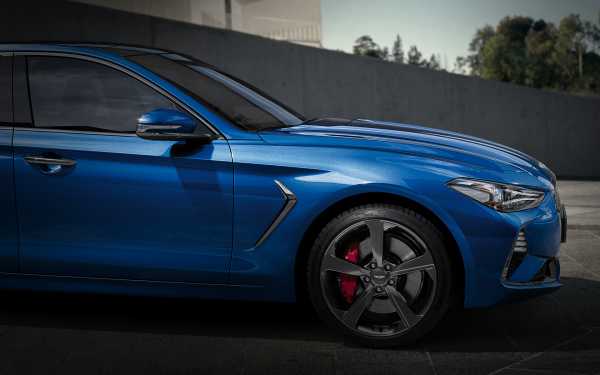
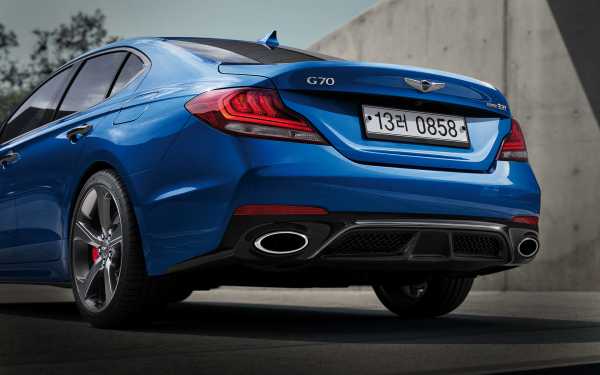
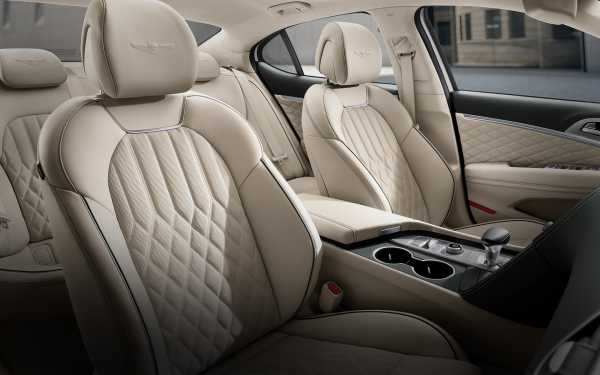

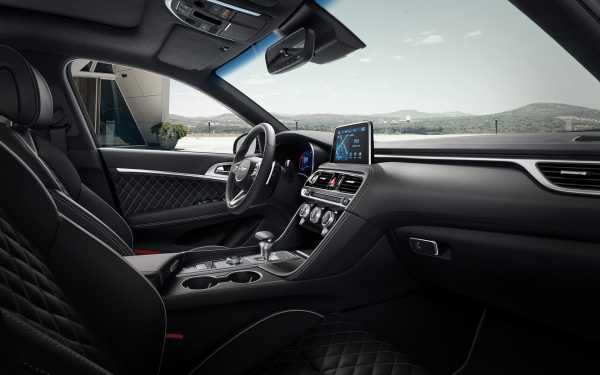
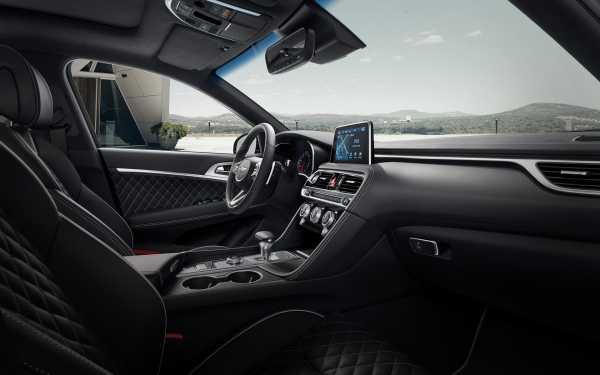
NEXT PERFORMANCE
Genesis G70 - Luxury Sedan G70 Design | Genesis Worldwide
BACK CLICK FOR MORE 
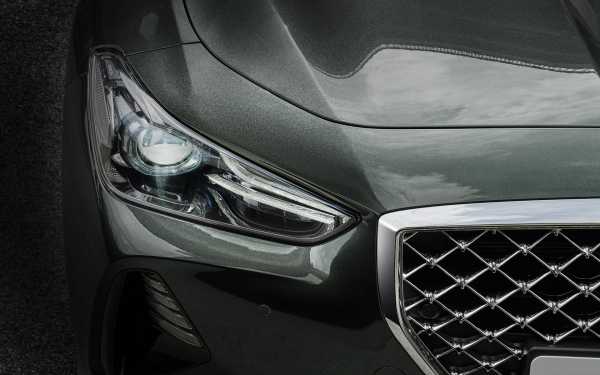
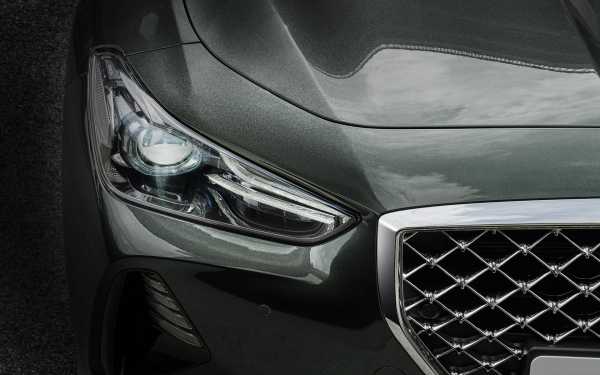
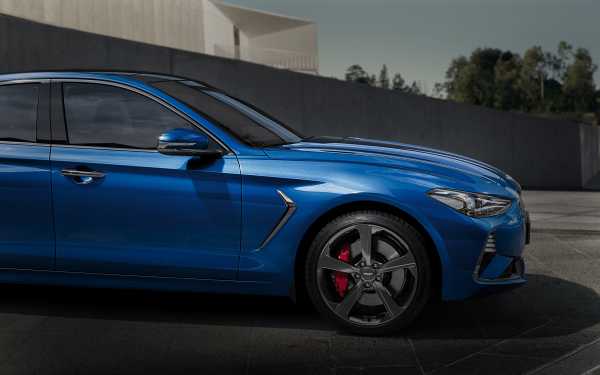
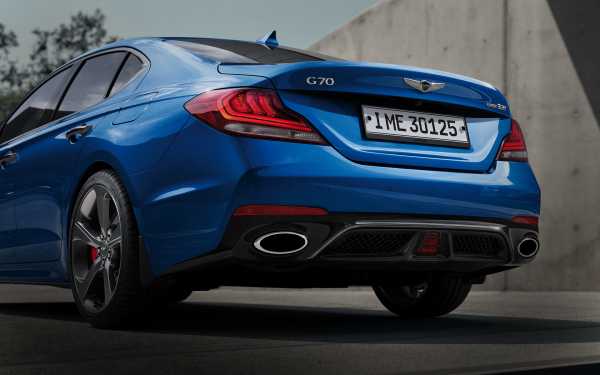
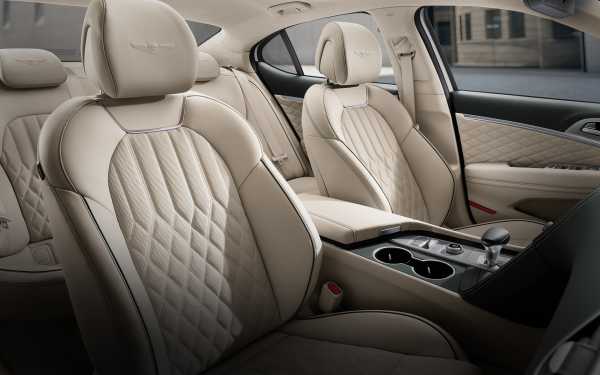

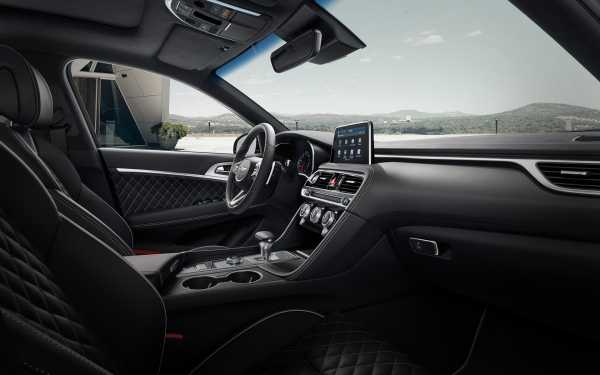

NEXT PERFORMANCE
"Питер - АТ"
ИНН 780703320484
ОГРНИП 313784720500453
